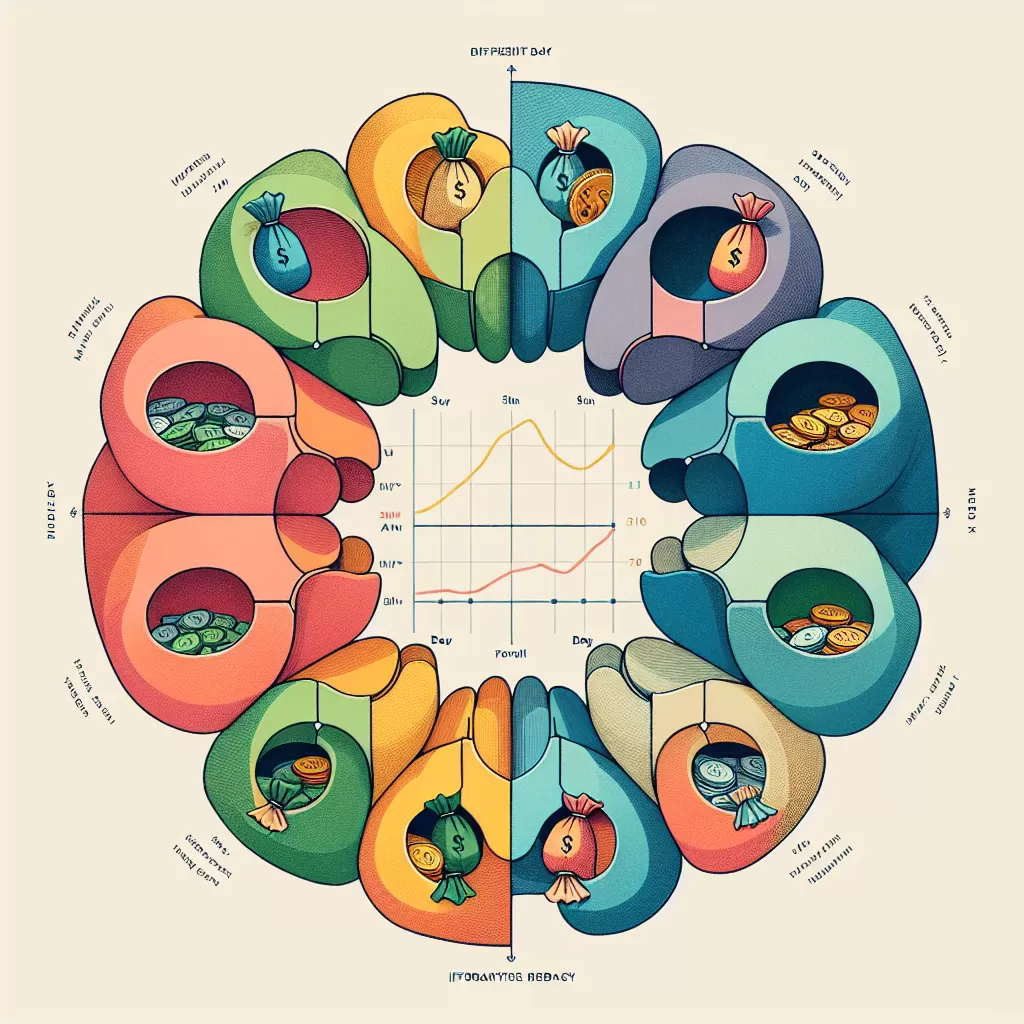What Is The Best Day Of The Week To Exchange Currency

Unlocking the Best Day to Exchange Currency: A Deep Dive
Trading currency involves understanding more than just the current spot rates. Other variables, such as the day of the week, can influence your potential gains or losses. This article unwinds the world of currency exchange and uncovers the optimal days to trade currency, maximizing the return on your investment.
Understanding Currency Exchange Basics
When you exchange currencies, you are essentially buying one currency and selling another simultaneously. Regardless if you are conducting business transactions, traveling, or investing in foreign stocks, you will need to engage in currency exchange. Exchange rates can fluctuate based on interest rates, inflation, political stability, and economic performance.
Does the Day of the Week Matter?
The short answer: yes. While currency exchange may seem like a 24/7 operation, the fact is that it obeys market open-and-close schedules. Most global markets operate from Monday to Friday, and this five-day window creates patterns that savvy currency traders can exploit.
The Midweek Surge: Wednesday and Thursday
Currencies see the most fluctuations midweek—typically on Wednesday and Thursday. This phenomenon is due to higher trading activity during these days. As Asia, Europe, and North America 'wake up' to the global financial markets, transactions drive prices on key currency pairs. If volatility excites you, the midweek period presents numerous opportunities for you to maximize your currency exchange.
The Weekend Effect: Less Volatile but Predictable
If your strategy leans more towards predictability and stability, then exchanging currency near the end of the week or on weekends might be more appropriate. Keep in mind that retail banks and bricks-and-mortar forex offices are typically shut down over the weekend, but online foreign exchange venues operate around the clock. However, the lowered liquidity often results in a quieter market. These times allow for a more deliberate analysis and methodical trading approach.
The Monday Blues: The Start of the Financial Agenda
Monday's typically reflect the 'mood' of markets following weekend developments. Big global events happening over the weekend can drive strong movements in currency prices on Monday. Generally, Mondays see fewer fluctuations than midweek, but they frequently set the stage for the week's trading pattern.
Navigating Time zone Differences
Breaking down the ideal day to exchange currency would not be complete without mentioning how time zones affect the market. The forex market is open 24 hours a day during the business week due to the global nature of the market. However, not all hours of the day are equally good for trading. The best time to trade is when the market is most active, typically when the London and New York markets overlap for several hours.
Factoring in Fees and Charges
One more essential point to consider is the cost of the exchange itself. Different forex platforms and services carry varying commission structures, spread markups, and fees. Some platforms might feature cheaper costs on specific days (like weekends) to stimulate more trading.
Conclusion: Context Is Key
While this article provides general guidance regarding the best days to exchange currencies, these patterns might not be mirrored every week without exception. Tracking economic events, understanding market sentiment, and following your trading strategy are facets that reign superior to day-specific trading habits. The 'best day' ultimately depends on your exact currency pair, your transaction size, your risk tolerance, and your intended use of the exchanged currency.
The world of currency exchange is dynamic, multifaceted, and thrumming with opportunities- and now, you're one step closer to navigating its tides more confidently.